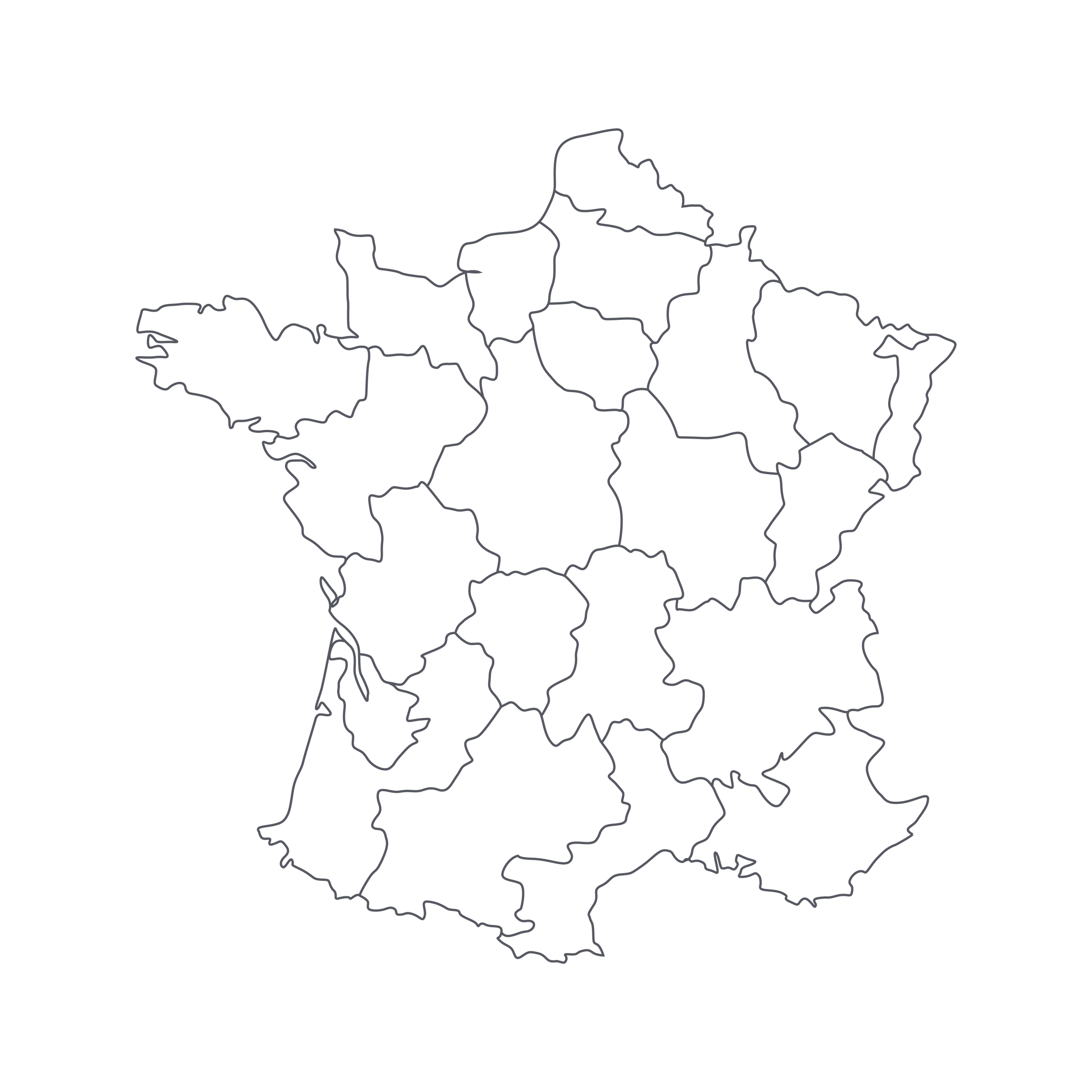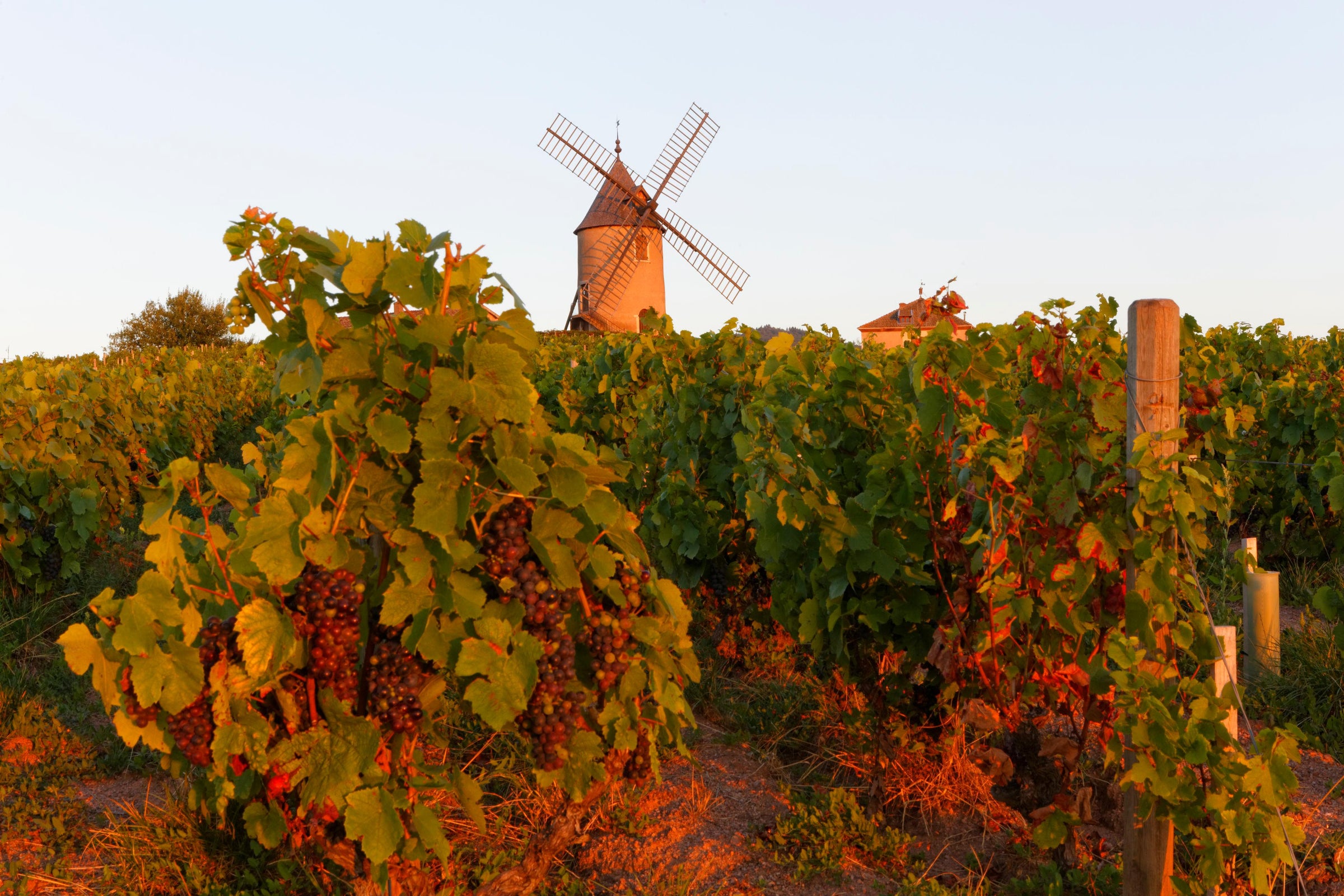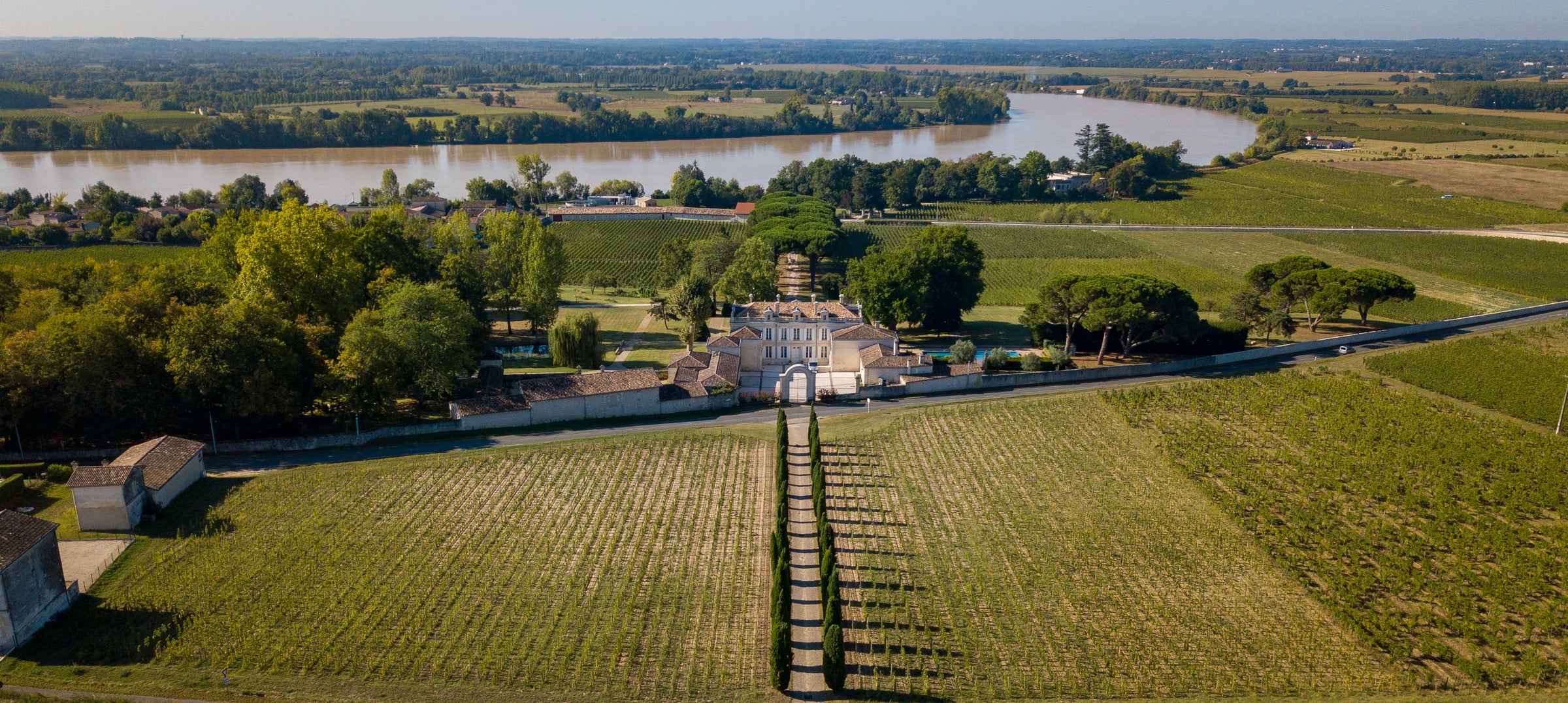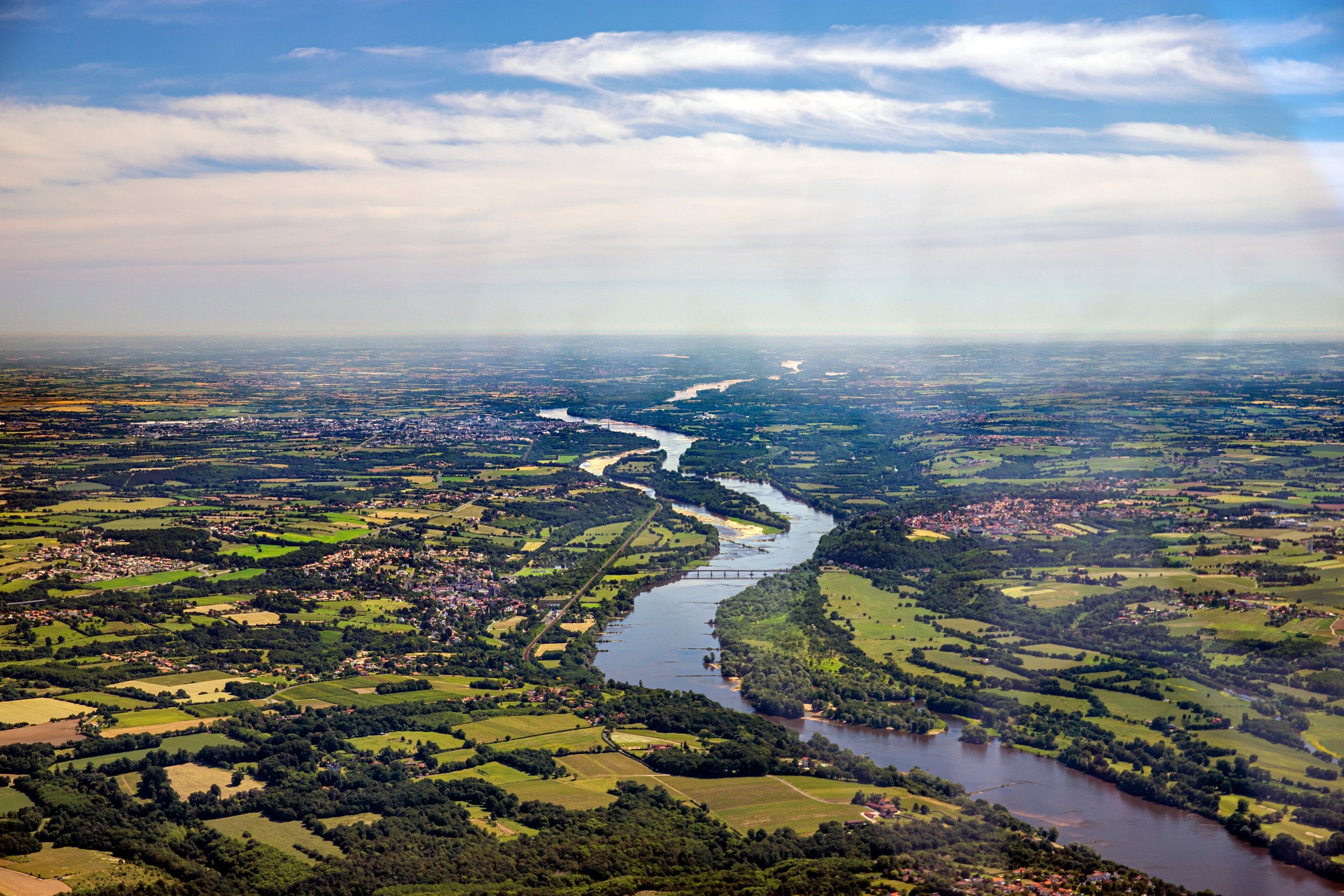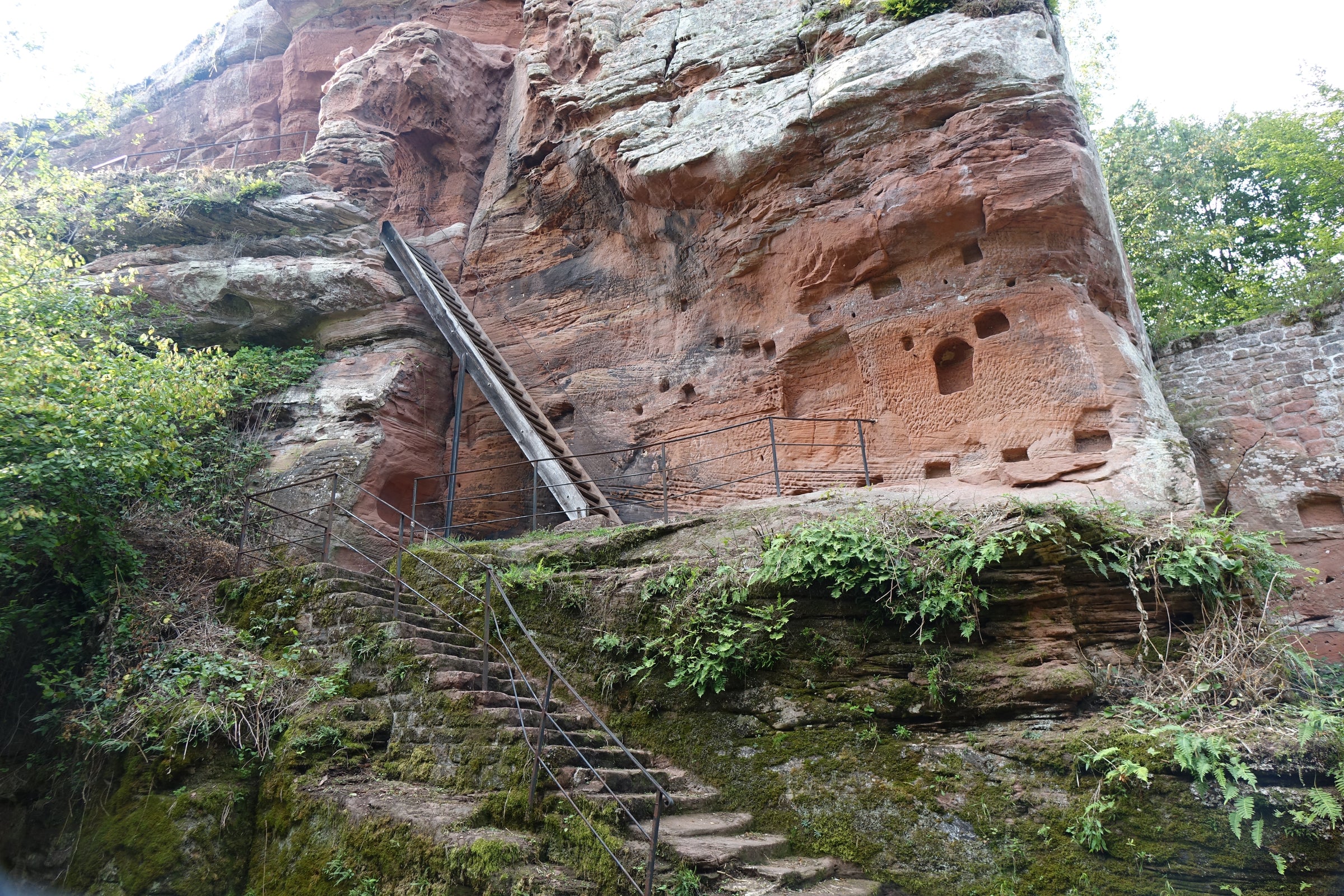It’s about time. We offered this 1991 Yquem back on Valentine’s Day while it was still maturing in a cold Bordeaux cellar. Our limited parcel has just arrived and we have a few extra bottles to sell for those who missed out the first time around!
How many people in the world can say they’ve experienced a bottle of Château d’Yquem, let alone one over 30 years old? I think “not many” is accurate. Its price alone has been the ultimate gatekeeper, hoisting it into a lofty ivory tower where it has held permanent court with the most desirable and renowned sweet wines of all time. Yquem’s profoundly age-worthy Sauternes truly are the be-all and end-all of liquid gold: Bottles have sold for $10,000, $50,000, even $100,000, and a handful of cognoscenti have experienced ancient vintages like 1945, 1899, 1811, and, if you can believe it, a 1784 originally purchased by Thomas Jefferson. I lead with all this because today offers a fleeting chance to acquire one of Château d’Yquem’s pristine, decades-old bottlings for $499. No, it doesn’t have the staggering age (or a 4+-digit price), but this 1991 does provide a breathtakingly rich and brilliant snapshot of Yquem’s singular beauty.
NOTES: I personally opened one of the OWCs to check the integrity of these rare ’91 gems and found them to be flawless with perfect fills. These are in stock and ready to ship for the holidays. Purchases are strictly limited to two bottles.
Truthfully, there’s nothing new to say about Château d’Yquem. That’s not a failing on our part, it’s just that Yquem is the single most praised, coveted, and treasured sweet wine on the planet. It’s a wine that entire books have been written about, and it earns every descriptor you could throw at a blue-chip bottle. Iconic? Check. Luxurious in both price and taste? Certainly. Age-worthy? Maybe the longest-lived wine in the world.
Sauternes is the premier sweet wine appellation in Bordeaux, and Yquem, with over 400 years of history, is widely acknowledged as its greatest producer—it’s also the only château that holds a Premier Cru Supérieur title. Situated at the highest elevation in the appellation, its 100 hectares of vineyards are perfectly suited for producing botrytis-infected berries. Botrytis is, of course, the distinguishing feature of Sauternes. This so-called “noble rot” withers the grapes and concentrates their sugars. It needs humid, but not wet, conditions and so Yquem’s elevation ensures healthy botrytis growth year after year.
The vineyards are planted to 80% Sémillon and 20% Sauvignon Blanc, on a mixture of clay, sand, and gravel over limestone. The vine work here is mind-bogglingly intensive, with teams of over 20 pickers moving through each parcel several times and literally selecting the best individual berries. While 1991 was certainly not one of their “legendary” vintages—of which there have only been a few—the little fruit that did remain after a spring frost far exceeded their expectations and thrived throughout a fine summer season. In short, a microscopic but high-quality crop made it into their winery.
The deeply concentrated, sugary juice is fermented in 100% new French oak barrels, and fermentations are stopped with temperature control when the correct balance of sugar and acidity is reached. This is what sets Yquem apart: despite its high level of residual sugar—the main reason it can age seemingly forever—there is always a perfect balance, a sense of genuine freshness and verve that keeps it from ever being cloying. In truth, it’s wrong to think of Yquem as strictly a “dessert” wine. Certainly, it’s sweet and right at home at the end of a meal. But the heady combination of richness, sweetness, and acidity, and its kaleidoscopic array of aromas and flavors, make it an incredible pairing with savory food as well. In fact, Yquem was traditionally served as an apéritif, not a digestif.
